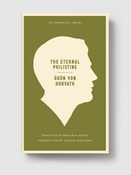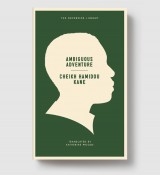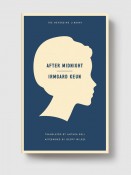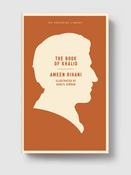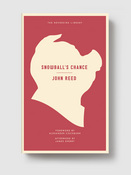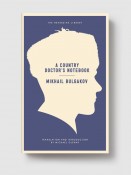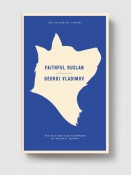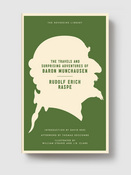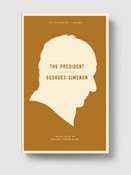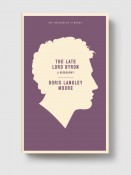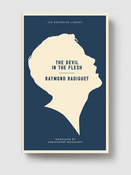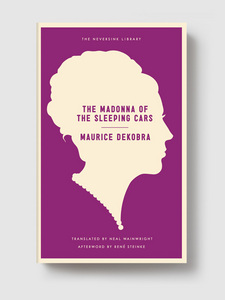
List price: $15.00
- Pages320
- ISBN9781612190587
- Publication dateAugust, 2012
- Categories
- Booksellers
- Media
- Academics & Librarians
The Madonna of the
Sleeping Cars
A Novel
Maurice DeKobra
Translated by Neal Wainwright Introduction by Rene Steinke
Part of The Neversink Library
“Caviar plus propaganda equals worldwide revolution.”
One of the biggest bestsellers of all time, and one of the first and most influential spy novels of the twentieth century, this delightful romp is now back in print after fifty years.
Taking place just after the Russian Revolution shook Europe to its core, it tells the story of Lady Diana Wynham, who relishes trampling on the sensibilities of British Society with her cross-continental escapades, and her secretary, Prince Gerard Séliman, the perfect gentleman, equally at home in an Istanbul bazaar or a London charity matinée.
Faced with the prospect of financial ruin, Lady Diana launches a plan to regain control of her inheritance, a field of oil wells seized by the Soviets. She dispatches Gerard on the Orient Express to take care of the matter. As he travels across Europe, his path is crossed by Soviet spies, old loves, the ominous Tcheka (Russia’s new secret police force), and a disturbing dearth of toast. Will he live to sniff a tea rose again?
Written in a prose as light and effortless as an Astaire-Rogers routine, Dekobra’s style—which earned its own adjective, dekobrisme—combines fiction with the author’s firsthand experience of the turbulent political and social realities of the time, as well as a prescient revelation of the darkness behind the revolution. A predecessor to Alan Furst (whose characters are often observed reading The Madonna of the Sleeping Cars), Ian Fleming, and John Le Carré, Dekobra’s Madonna is still as fresh a page-turner as ever—and as fun.
“A rollicking, elegant novel … The Madonna of the Sleeping Cars was a bestseller in its day. It also had the honor of being banned in Boston…. it gives the 21st-century reader a sense of the kind of book that used to be called a “racy French novel.” What a treat to have it back in print.” — Dennis Drabelle, The Washington Post
“Exquisite … the kind of book that gets described as “a delightful romp” in press materials, and that’s not an inaccurate description of a book that functions beautifully as both send-up of high society and globe-spanning adventure story, but the novel has a deathly serious core. The featherweight prose proves a brilliant set-up for the darkness that Séliman encounters when he’s eventually sent into the Soviet Union …” —Emily St. John Mandel, The Millions
“A tale M. Dekobra told so artfully that it tore through five editions like a sickle-bar mower.” —S.J. Perelman, The New Yorker
